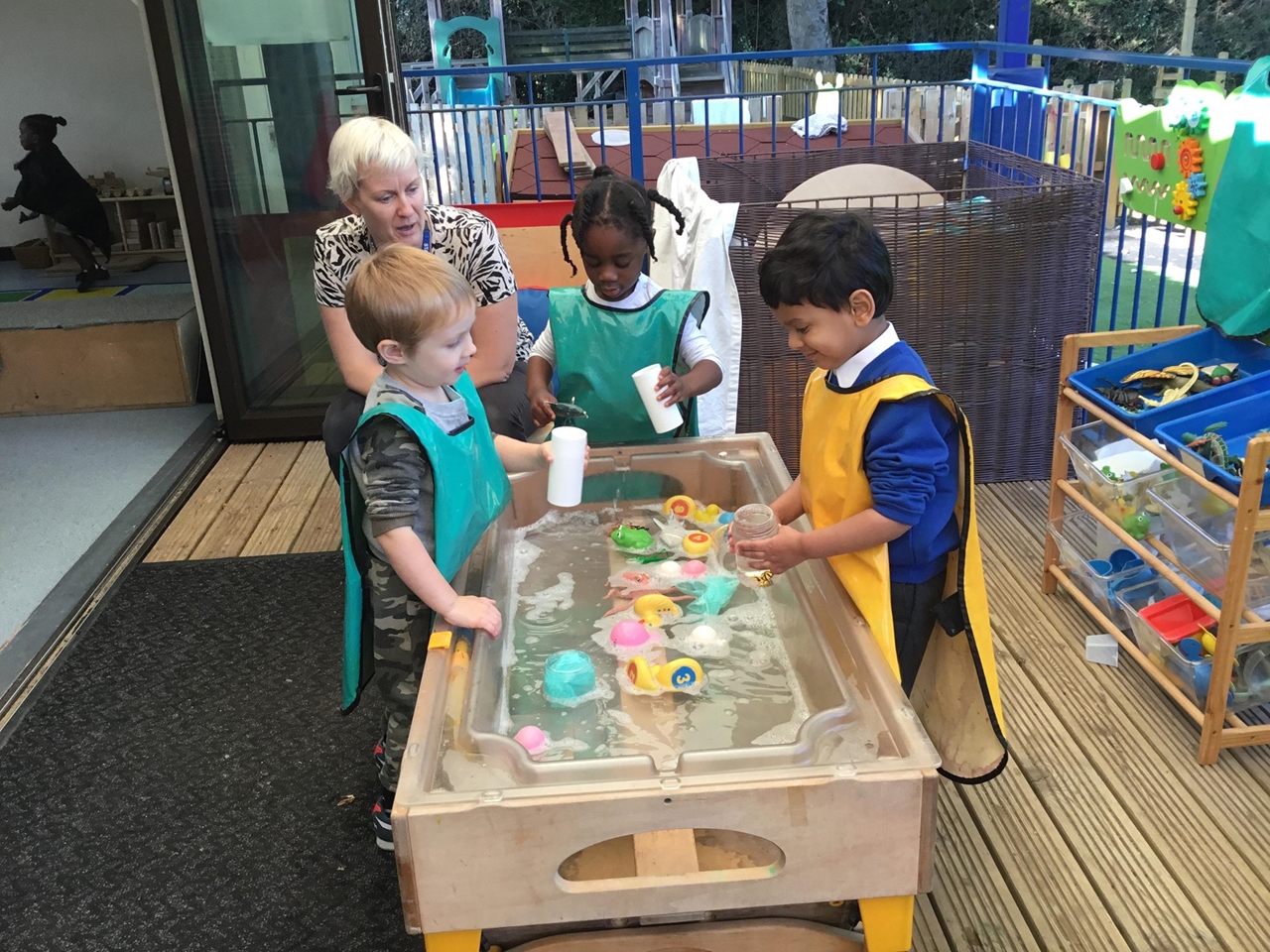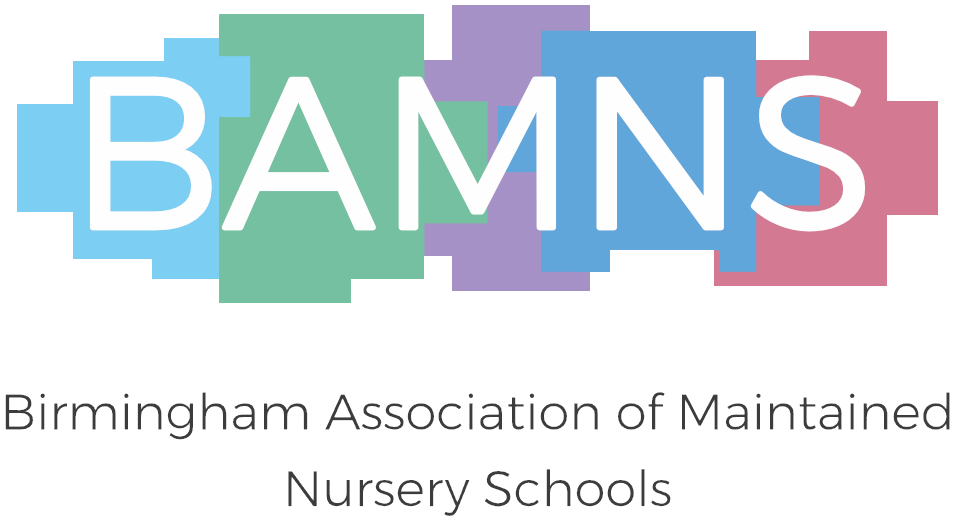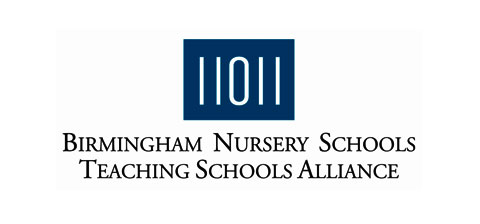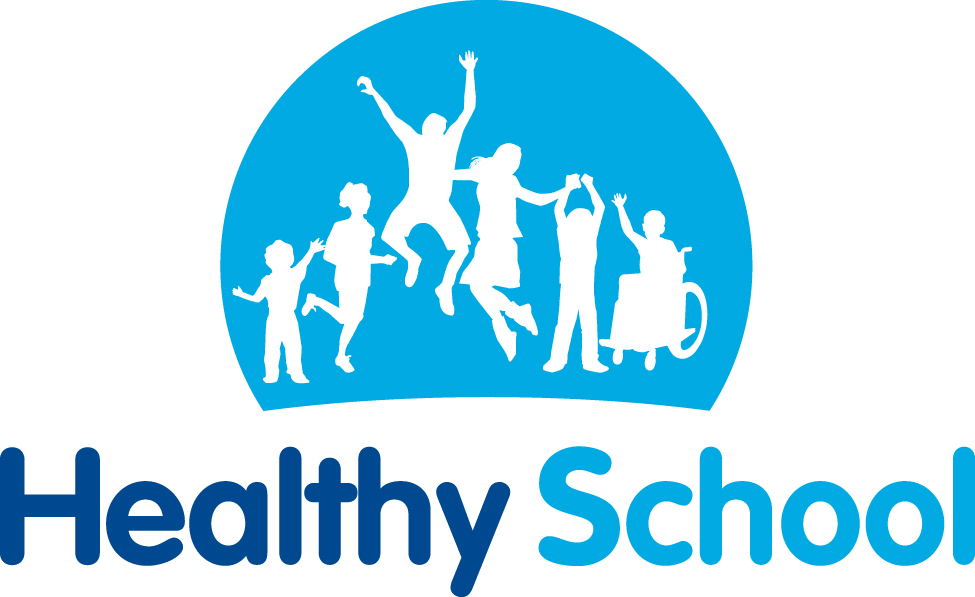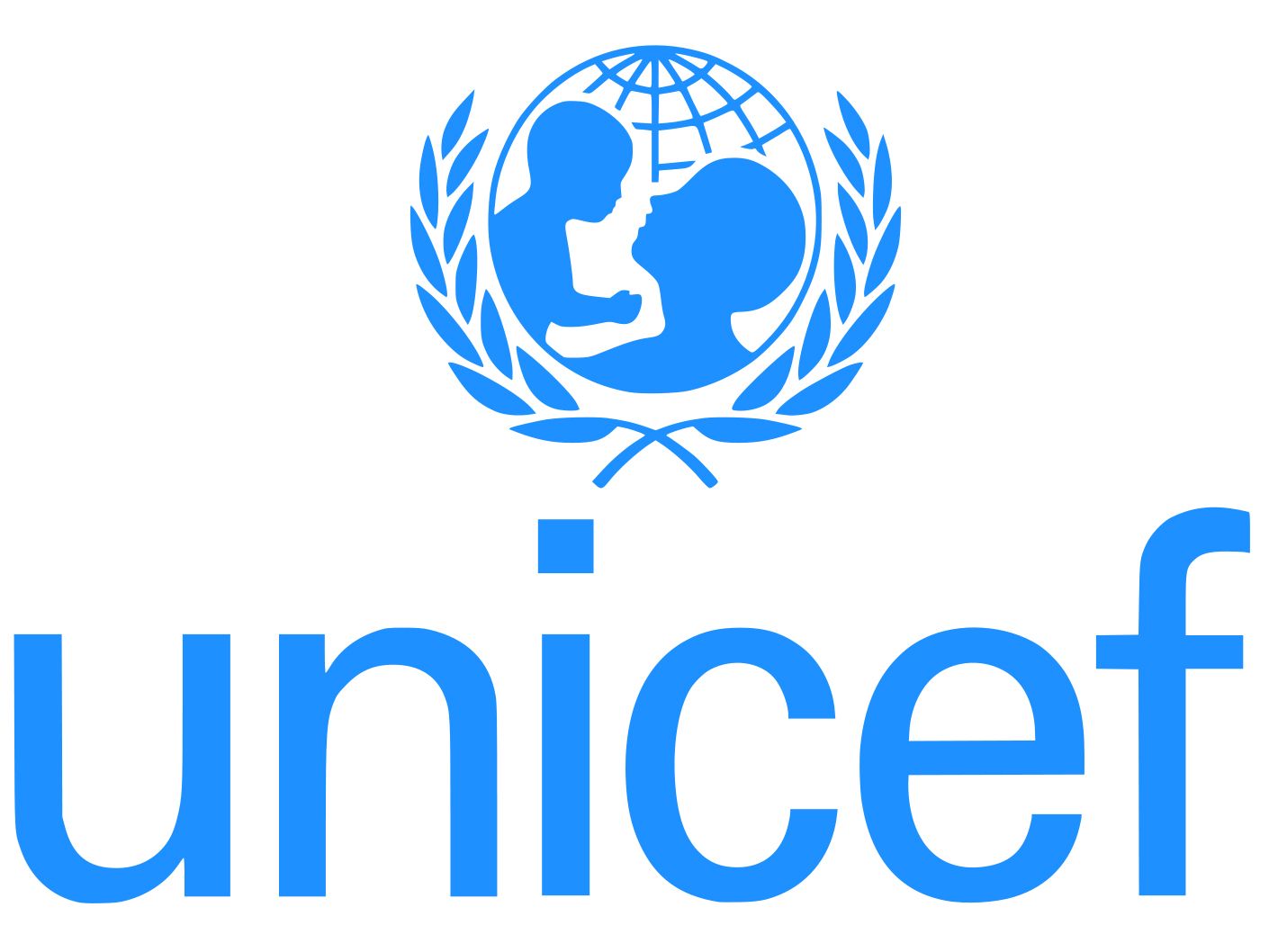Areas of Learning
The Early Years Foundation Stage (EYFS) Curriculum
We work from the Early Years Foundation Stage Statutory Framework which sets standards for the learning, development and care of children from birth to five years old.
The Four Guiding Principles
There are four guiding principles in the EYFS, we believe it is important that these principles are used when implementing the seven learning and development areas in the EYFS.
The principles are:
- Every child is a unique child, who is constantly learning and can be resilient, capable, confident and self-assured.
- Children learn to be strong and independent through positive relationships.
- Children learn and develop well in enabling environments with teaching and support from adults, who respond to their individual interests and needs and help them to build their learning over time. Children benefit from a strong partnership between practitioners and parents and/or carers.
- The importance of learning and development. Children develop and learn at different rates.
The Seven Areas of Learning
The EYFS is divided into seven areas of learning and development, all are important and inter-connected.
These seven areas consist of:
Prime Areas
Communication and Language
Personal, Social and Emotional Development
Physical Development
Specific Areas:
Literacy
Mathematics
Understanding the World
Expressive Arts and Design
We have created a series of Curriculum Plans which reflect how we sequence each child's individual learning through carefully selected unique approaches to development within the Marsh Hill Curriculum.
Personal Social Emotional Development
This is a link to the government's statutory framework, which is mandatory for all early years providers:







